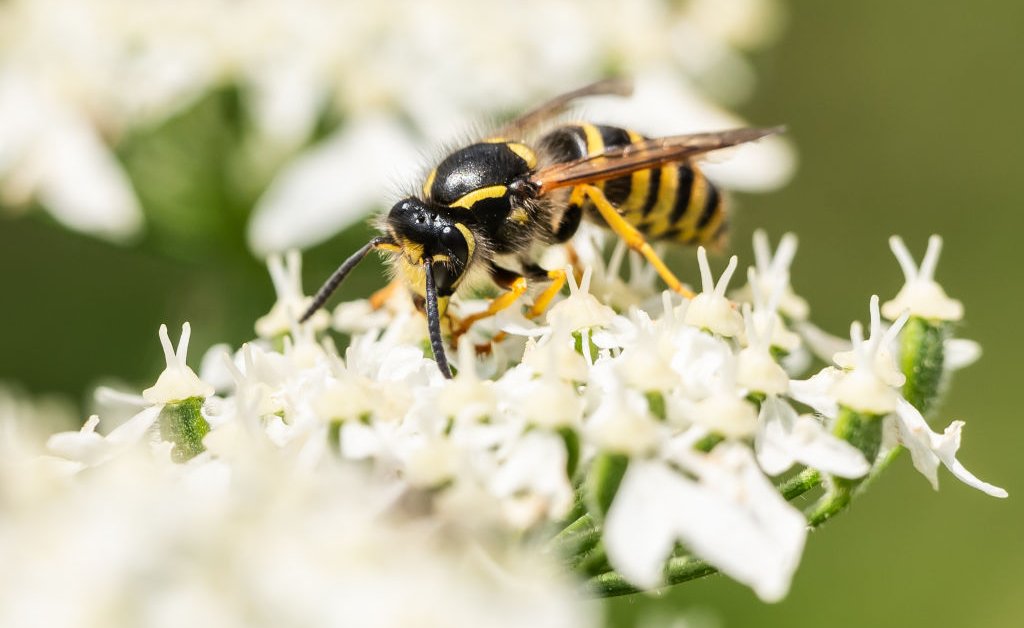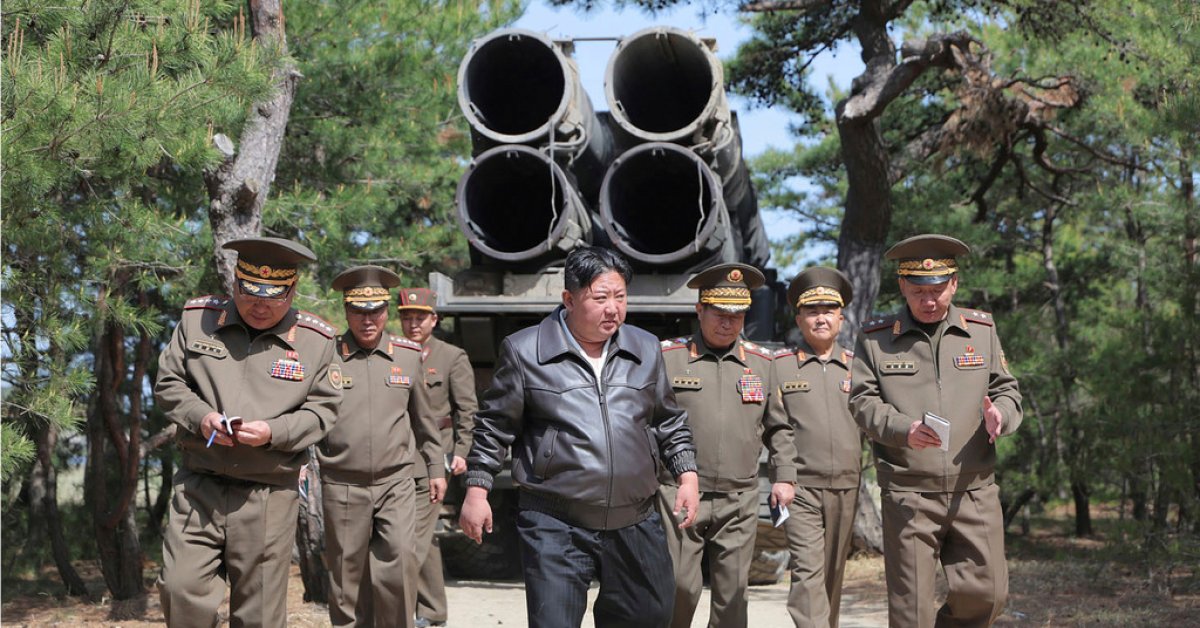Shifting Seasons: Climate Change's Impact On Summer Insects

Welcome to your ultimate source for breaking news, trending updates, and in-depth stories from around the world. Whether it's politics, technology, entertainment, sports, or lifestyle, we bring you real-time updates that keep you informed and ahead of the curve.
Our team works tirelessly to ensure you never miss a moment. From the latest developments in global events to the most talked-about topics on social media, our news platform is designed to deliver accurate and timely information, all in one place.
Stay in the know and join thousands of readers who trust us for reliable, up-to-date content. Explore our expertly curated articles and dive deeper into the stories that matter to you. Visit Best Website now and be part of the conversation. Don't miss out on the headlines that shape our world!
Table of Contents
Shifting Seasons: Climate Change's Impact on Summer Insects
Summer. The season of sunshine, long days, and… a symphony of buzzing insects. But the familiar soundtrack of summer is changing, and climate change is playing a significant role. The impacts are far-reaching, affecting not only the insects themselves but also the delicate balance of our ecosystems.
A Changing Landscape for Summer Bugs
Rising temperatures, altered rainfall patterns, and increasingly unpredictable weather are disrupting the life cycles of countless insect species. This isn't just about annoying mosquitoes; it's a complex issue with significant consequences for biodiversity and human society.
Warmer Springs, Earlier Emergence
One of the most noticeable changes is the earlier arrival of spring. Warmer temperatures are prompting insects to emerge from hibernation or pupation sooner than they traditionally would. This shift in timing can lead to:
- Mismatched life cycles: If predator insects emerge earlier than their prey, the food chain is disrupted, potentially leading to population crashes.
- Increased vulnerability: Early emergence can leave insects vulnerable to late frosts, wiping out entire populations.
- Range expansion: Some species are expanding their geographical range as warmer temperatures allow them to survive in previously unsuitable areas. This can lead to competition with native species and the introduction of invasive insects.
Drought and its Devastating Effects
Many insects rely on specific plants for food and habitat. Prolonged droughts, a hallmark of climate change, can severely impact plant life, leading to a decline in insect populations. This is particularly true for insects with specialized diets.
Extreme Weather Events and Insect Mortality
Extreme weather events, such as heatwaves and intense storms, are becoming more frequent and intense. These events can directly kill insects, destroy their habitats, and disrupt their breeding cycles. The impacts are amplified for species with limited mobility or specialized habitat requirements.
The Ripple Effect: Consequences for Ecosystems and Humans
The decline in insect populations due to climate change has far-reaching consequences:
- Reduced pollination: Many insect species are vital pollinators, crucial for the reproduction of numerous plant species, including many of our food crops. A decline in pollinators threatens food security. Learn more about the importance of pollinators in this [link to a relevant article on pollination].
- Disrupted food webs: Insects form the base of many food webs. Their decline can impact higher trophic levels, leading to cascading effects throughout the ecosystem.
- Increased pest outbreaks: Some insect species thrive in warmer temperatures, leading to increased pest outbreaks in agriculture and forestry. This can result in significant economic losses and increased reliance on pesticides.
What Can We Do?
Addressing climate change's impact on insects requires a multifaceted approach:
- Mitigation: Reducing greenhouse gas emissions is crucial to slowing the rate of climate change.
- Conservation: Protecting and restoring insect habitats is vital for supporting insect populations. This includes creating wildlife corridors and reducing pesticide use.
- Research: Further research is needed to understand the specific impacts of climate change on different insect species and to develop effective conservation strategies.
The buzzing symphony of summer is at risk. Understanding the impact of climate change on these crucial creatures is the first step towards protecting them and the ecosystems they support. We need to act now to ensure a future where the sounds of summer remain vibrant and diverse.

Thank you for visiting our website, your trusted source for the latest updates and in-depth coverage on Shifting Seasons: Climate Change's Impact On Summer Insects. We're committed to keeping you informed with timely and accurate information to meet your curiosity and needs.
If you have any questions, suggestions, or feedback, we'd love to hear from you. Your insights are valuable to us and help us improve to serve you better. Feel free to reach out through our contact page.
Don't forget to bookmark our website and check back regularly for the latest headlines and trending topics. See you next time, and thank you for being part of our growing community!
Featured Posts
-
 Houston Electricity Outages Live Map And Reporting Tool For Residents
May 28, 2025
Houston Electricity Outages Live Map And Reporting Tool For Residents
May 28, 2025 -
 International Relations China North Korea And Russias Reaction To Trumps Golden Dome
May 28, 2025
International Relations China North Korea And Russias Reaction To Trumps Golden Dome
May 28, 2025 -
 Juan Manuel Cernudolo Vs Hamad Medjedovic A 2025 French Open Second Round Prediction
May 28, 2025
Juan Manuel Cernudolo Vs Hamad Medjedovic A 2025 French Open Second Round Prediction
May 28, 2025 -
 Burrows Schedule Gripe Forces Nfl To Consider Changes
May 28, 2025
Burrows Schedule Gripe Forces Nfl To Consider Changes
May 28, 2025 -
 Stephanie Mc Mahon Shares Regret Or Relief About A Potential Tattoo
May 28, 2025
Stephanie Mc Mahon Shares Regret Or Relief About A Potential Tattoo
May 28, 2025
